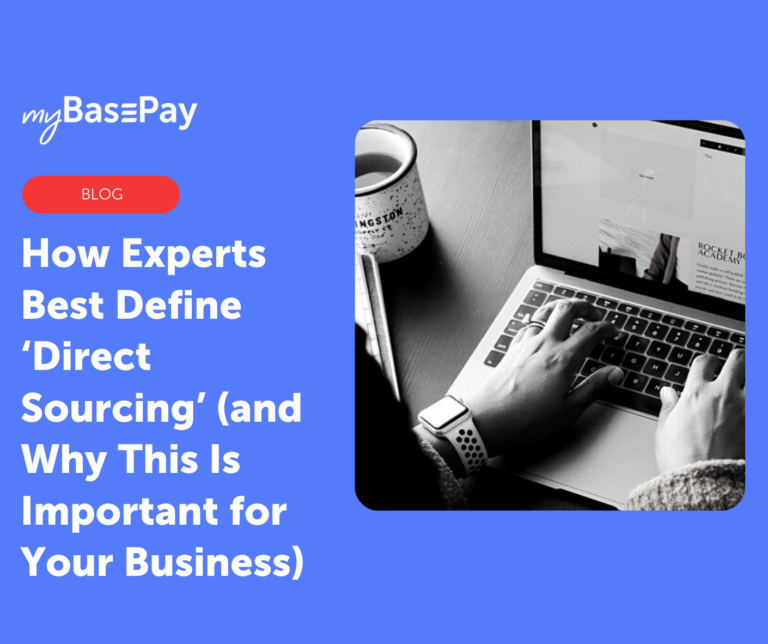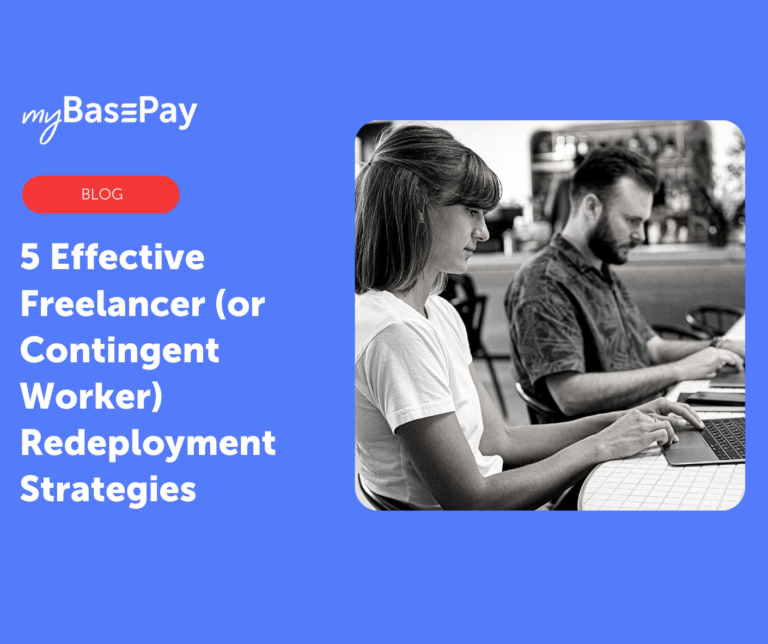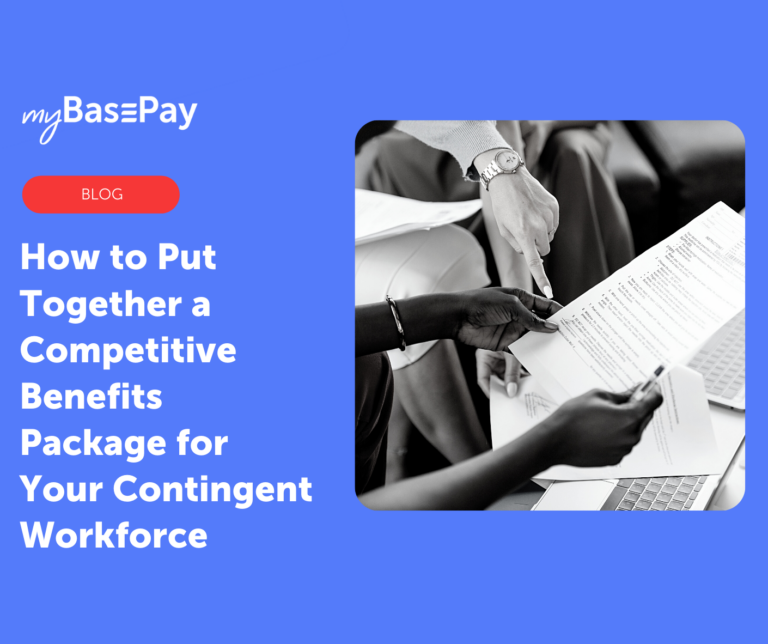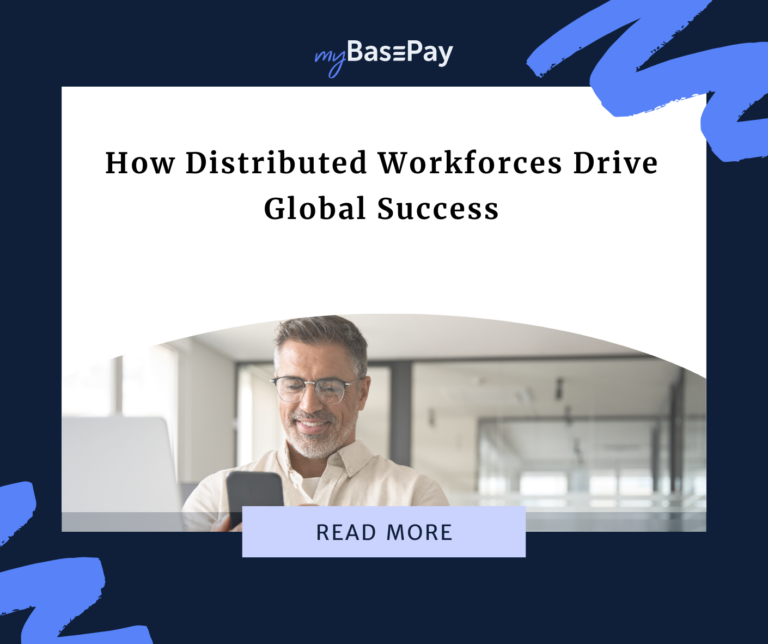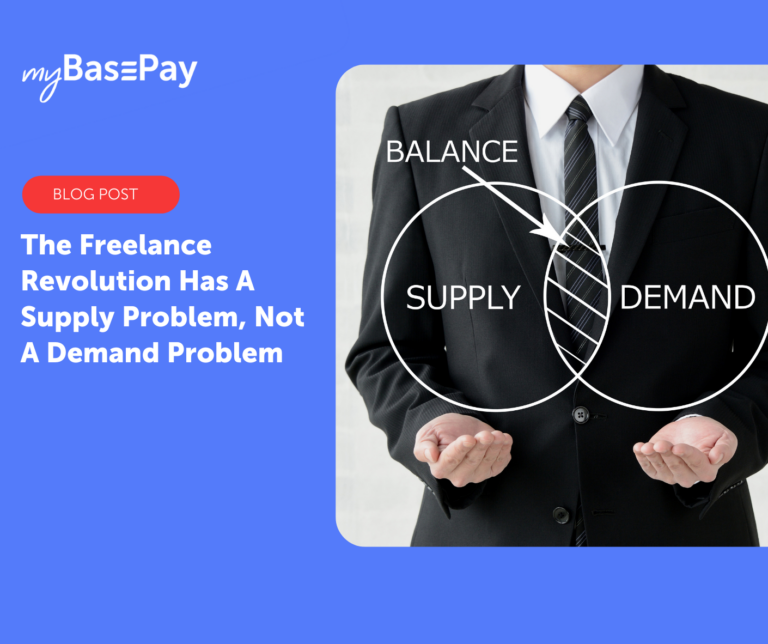How to Build Successful, Long-Term Relationships With Talented Freelancers
By the end of 2020, there were an estimated 59 million freelancers in the United States. Even with the surge in remote work brought about by the COVID-19 pandemic, this largely reflected a continuation of ongoing growth in this space.
Despite this, the so-called “freelance revolution” continues to suffer from a supply problem, in large part because many freelancers do so on a part-time, rather than full-time basis.
Competition for top talent can be especially intense, particularly as an increasing number of businesses come to recognize how the contingent workforce can make their business more agile and flexible, while also saving on the overhead associated with traditional employment.
For your organization to make the most of contingent talent, developing successful long-term relationships with talented individuals is crucial. Here’s what you should keep in mind.
You’re Partnering With a Business — Not Hiring an Employee
While working with a freelancer will naturally entail some level of onboarding, similar to how you would onboard a traditional employee, you should be looking at this as a business partnership.
As Jon Younger PhD, Forbes Writer and Founder of Agile Talent Collaborative explained in myBasePay’s The Advantage of a Marketplace Economy in 2022 webinar, “An awful lot of young project managers…aren’t all that good working with freelancers. They want them to be employees because they want them to be subordinate. Freelancers are not subordinate. They’re small business owners that are choosing to partner with you. Not supplicants, hoping to extend.”
Freelancers are legally considered a business entity (even if they are operating as a sole proprietor, rather than forming an LLC or corporation). They themselves are the business.
This means that they choose who they work with. They set their rates. They determine what type of workload is reasonable with each of their clients. These things aren’t dictated by your company — just like your own customers don’t set the prices for your products or services. Understanding that this is a business partnership helps establish clearer expectations for the relationship.
Make Communication Easy
As Jon Younger explained in the Marketplace Economy webinar, “As a freelancer, I want to do a good job because that’s how I get the next job. That’s how I make my living. So I want good feedback. I want clear expectations around the deliverables. I want solid timelines. I want to know when I’ve hit the milestones and I want the chance to come back at you and say, ‘You’re setting up this work wrong and I want to be successful, so let’s work on how we’ve been organizing this particular project.’”
When hiring a freelancer, project managers must provide clear information regarding the project, its requirements and expectations for the work. Miscommunications most often occur when the client fails to provide clear guidelines for the deliverables they want to receive. Vague, non-specific project briefs may give the freelancer more creative freedom, but they aren’t helpful if you have a very specific vision for what you want to accomplish.
Detailed project briefs that are delivered in written form ensure that everyone is on the same page. Of course, your team should also be readily available if the freelancer has questions or concerns regarding the project and its expectations.
If email isn’t your strong suit, incorporate your freelancers into any internal communications or project management tools you use, such as Slack or Basecamp. Enabling faster responses can prove especially vital for projects with tight deadlines.
Your team’s availability and willingness to collaborate on the project as needed will prove vital for creating win-win outcomes for everyone involved.
Understand When to Use (and Not Use) Freelancers
Not every project is going to be a good fit for your freelancers — and that’s not a bad thing. In the Marketplace Economy 2022 webinar, Jon Younger advised, “Be smart about when and how to use a freelancer. It’s not all the time, and it’s not none of the time.”
In fact, becoming overly dependent on freelancers could run the risk of them doing the type of work that would classify them as full-time employees. The IRS has specific legal guidelines that dictate a worker’s “degree of control and independence.”
Behavioral and financial considerations, as well as the nature of the relationship in general can be used to determine whether someone qualifies as an employee or independent contractor.
Businesses that try to hire a freelancer on what is essentially a full-time basis (but without offering tax withholding, health insurance or other benefits) run the risk of significant compliance issues. By only hiring freelancers as needed and using your current full-time team the rest of the time, you can maintain the contractual nature of the relationship and avoid creating legal headaches for yourself or the freelancers you partner with.
This also helps reduce the likelihood of your business asking a freelancer to do work beyond the scope of the project they’ve been hired to do. If you’re working with a freelancer who set a flat rate for the project, this could make them feel like they’re being taken advantage of — and will likely make them unwilling to work with you in the future.
Respect: The Basis of All Relationships
As with the relationships you try to foster with your full-time employees, respect should be the foundation of any ongoing relationship you try to develop with freelancers. Streamlined onboarding and avoiding payroll issues respect the freelancer’s time. The way you engage with them during — and even between — projects shows that you respect their talent and capabilities.
When freelancers feel disrespected, abused or aren’t paid what they consider a fair value for their work (or are paid late or not at all), they aren’t going to stick around for long. Your employer brand will suffer as poor word of mouth spreads, and you may have an even harder time attracting top talent in the first place.
The bottom line is that you should consider how you would want to be treated when entering any business relationship. By treating freelancers with respect and fairness, and using an appropriate contingent talent management system to manage the back-office side of working with them, you can lay the foundation for successful long-term relationships.
Author: Cesar Romero
Cesar is the Head of Marketing at myBasePay, where he’s responsible for overseeing the company’s content marketing, community, and partnerships strategy. He also co-hosts The Ivy Podcast where he interviews executives from Fortune 500 companies on executive leadership. When he’s not helping startups with marketing and community strategy, you can find him paying it forward by serving as a mentor for leading organizations like StartingBloc, Hive, and Global Citizen Year.


